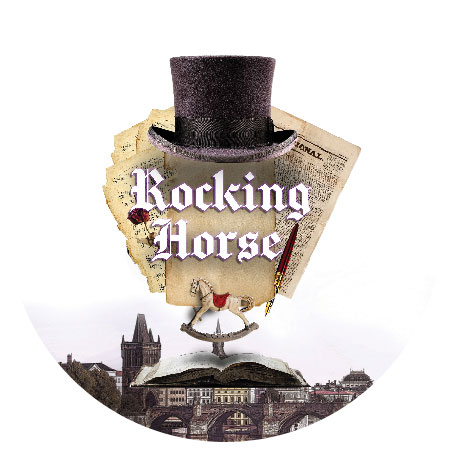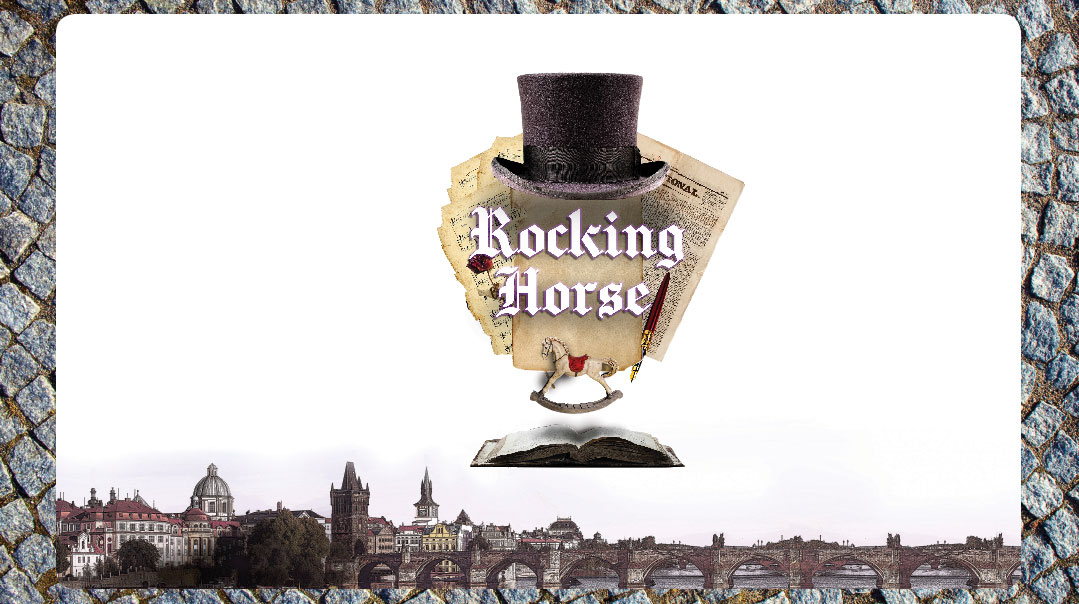Rocking Horse: Chapter 22


“How surprising. Do you mean that little girls have minds?”
Now that Becca has broken a taboo, it seems that Fortuna has left her to her own devices. A relief, but also a worry. It is perhaps not the cleverest idea to alienate the one person who may be your ally.
Now, as she readies to visit the director of the Alliance boys’ school, there is no voice wheedling, calling to her to pull on a shawl and a veil, to wait for someone who will accompany her. She will be a European. Independent. She will wear European clothing and she will walk out alone.
The director is in a classroom, dishing out a meal of yellow rice, white cheese, and something green and unidentifiable. As soon as he gives the nod, the boys begin shoveling rice onto forks.
“Most of the boys go home for lunch. But there are some…” He watches them. “This is all the food they will get all day.”
“And who prepares it?” Becca asks. She cannot look at him directly, to do so would not be modest. But from the glances upward she sees a thin man, with a wiry beard that is turning gray at the tips. He has large brown eyes that dart between her, the window, and the students.
“I do, of course.”
She nods. They warned her, of course, that a teacher does not just teach letters, but cares for the students. If caring means cooking, then she is willing.
“How many children—”
“Live on starvation rations? Too many. And in Paris, they enjoy fine wines.”
She keeps her voice light. “And in the shtetl, they fill themselves up with kasha and beans.” It is a warning. I am here because of my training and because this is what I have to do. But don’t ask me to change the world, because I am too young, and to do so would be too painful.
“True.” He pauses and then glances up at her. “Is that where you are from then?”
“Yes.”
“Interesting that they sent you here.”
“Oh, the Alliance is like the Tower of Bavel. Girls learn there from all over the world, but they never send them back to their city of origin. They like to confuse things.”
One of the students finishes his plate of food. The director heaps another serving of rice onto his plate. “Well, a person can only teach when he is respected by his students and their families. The unknown automatically conveys an aura of respect.”
“Or of disdain.”
He lifts a pen and presses it onto the paper in front of him. A black stain of ink spreads across the paper. Watching, Becca has to suppress the urge to tell him to stop. The waste of ink. The waste of a good piece of paper.
“Yes, well. So I have heard.”
She blushes. What has he heard?
Oops! We could not locate your form.

